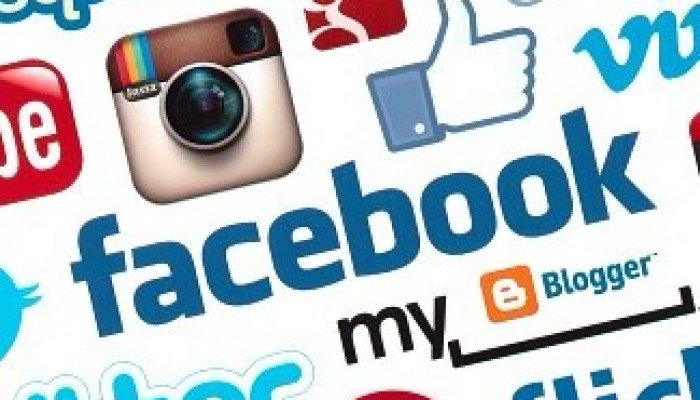Marketing expert Myria Kkali considers three ways in which online media have transformed tourism marketing
Tourism constitutes one of the major sectors of the Cyprus economy and one of the most important pillars of the recovery process, especially in the period after the 2013 crisis. However, the sector faces enduring structural problems and erosion of its competitiveness. Recognizing the importance of reviving the competitiveness of the sector, the Cyprus Ministry of Energy, Commerce, Industry and Tourism, in cooperation with the Presidency-Unit of Administrative Reform, have attached high priority to the development of a comprehensive and sustainable strategy for this sector. As part of this effort, a study on the development of the National Tourism Strategy has been commissioned and undertaken by the Spanish Company “THR Asesores en Turismo, Hoteleria y Recreacion S.A.”, which aims to improve efficiency and increase revenue from tourism. As an essential tool for the reform of the tourism industry, Spanish experts have pointed to the utilisation of technology and online media for modern 360- degree branding and promotion of the tourist product.
Online media has fundamentally changed the way that many companies and governments communicate and market to their target demographics. For the travel and hospitality sector, in particular, the rise of the Internet and the increased popularity of social channels have altered travel marketing. From the way that travellers research potential destinations to the activities that they participate in once they arrive, the new ways that consumers use social media to make purchasing decisions has influenced tourism marketing from start to finish. Here are three ways the tourism industry has been impacted:
1. Travel research transformedThe most profound effect that social media has had on the tourism industry to date is the democratisation of online reviews. Today’s travellers go online to research their future travel destinations and accommodations. When booking travel, 89% of millennials plan travel activities based on content posted by their peers online.
From social sharing sites such as Instagram to crowd-sourced review sites such as TripAdvisor, people are browsing the Internet for travel inspiration and validation from their peers. As Table 1 shows, TripAdvisor reviews and opinions have seen a rapid increase in recent years, with that number risen to 500,000 reviews by July 2017. There, they can easily find other travellers’ photos, check-ins, ratings and more. This easy-to-attain, real guest feedback serves to preview the in-person experience that the destination has to offer from a viewpoint other than that of the brand. As you might assume, this social media content is tremendously accessible and influential, and it can serve to either put off potential guests or inspire them to book.

